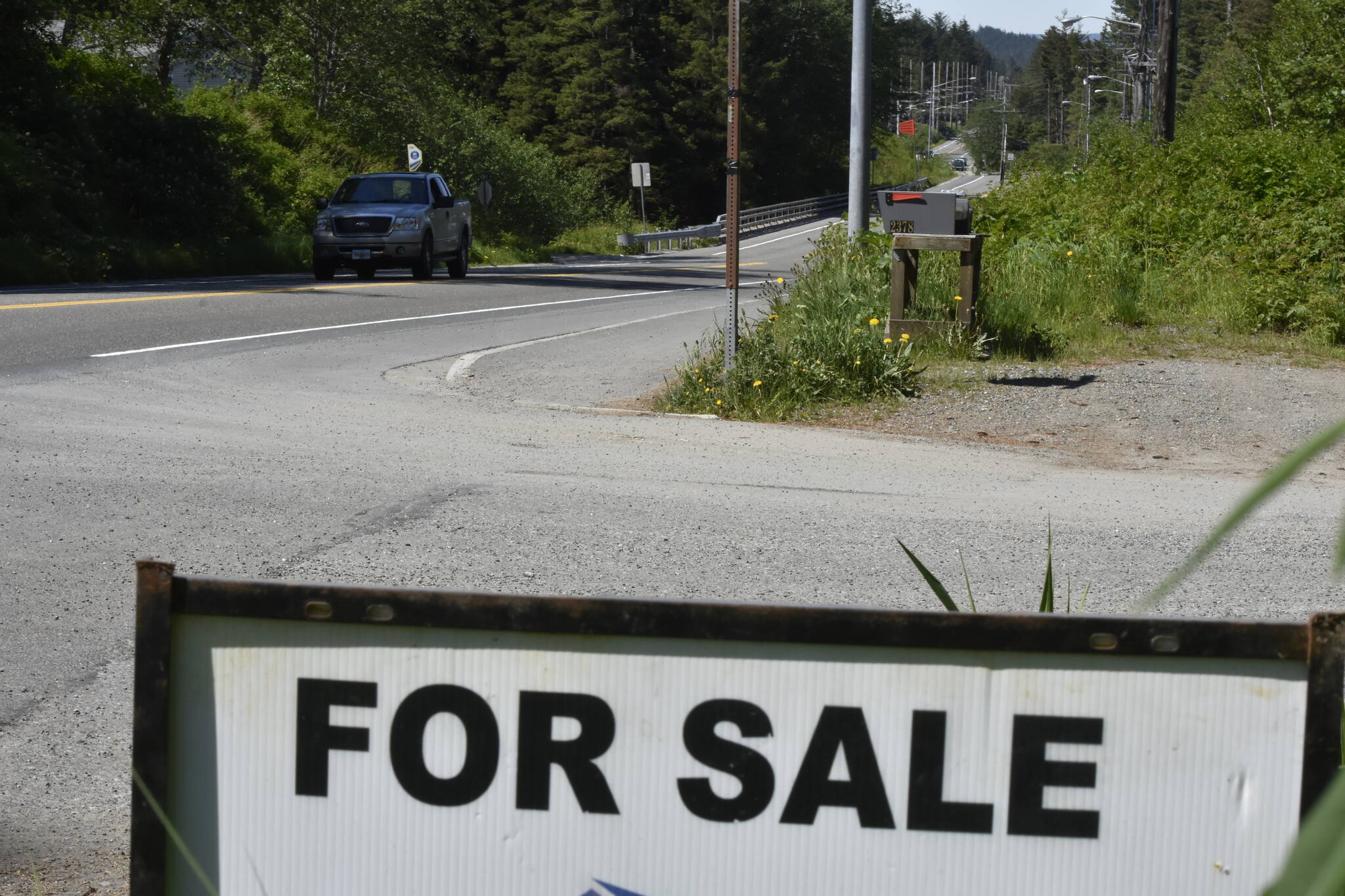The vote on Proposition 4 isn’t really about fairness or privacy, it’s about giving the Assembly more money to spend by raising property tax revenues. Let’s start by assuming that most residential property assessments are lower than actual sales price, say about 10%, a common premise. What happens if Proposition 4 is defeated by enough no votes, so this law goes forward into full implementation, penalties and all? Let me guess. Gradually, residential property tax bills will go up by about 10% so that the Assembly will have more money to spend because of their backdoor property tax increase.
Don’t blame the Assessor’s Office, they do the best they can with the tools they have and there’s also an appeal process. Regardless, almost everyone likes to vilify anyone having to do with tax collection, an essential part of government spending on basics like streets. Who loves the IRS?
The Assembly’s overall approach on this issue is questionable. Did they really think that once they passed this law everyone would volunteer? Publicly stating that voluntary compliance wasn’t working elevated this topic. Couple that mindset with the European gondola purchase for Eaglecrest, backdoor spending on the new JACC/Convention Center by diverting future Cruise Ship revenues, and other non-essential or off-budget expenses, and who thinks our mill rate will go down by anything close to 10%? Not me. What about you? Do you trust the Assembly to be frugal like many voters must be?
In a politically speaking “left of center” town, moderates or conservatives have little to say except when asked for their vote to give the Assembly more money to spend. To be fair, our current city manager made it clear earlier that the Assembly didn’t really need to ask for voter approval of the new JACC, but they did ask, thus invoking the dreaded permission/forgiveness dichotomy. If you ask for permission but don’t get it, you’ve got a public perception problem.
If you haven’t read the August 2022 Juneau Economic Development Council report on Housing Stock and Short-Term Rentals, it’s a good source of background information on prices, sales and length of time on the market. It’s no secret that Juneau’s housing is very expensive and is likely to keep getting more expensive, even though the Federal Reserve’s recent interest rate hikes should slow down our rapid, local, price increases and word-of-mouth instant sales. But our housing prices will still keep going up, so the city will still rake in more revenues with a flat population as overall values go up which gives the Assembly some financial flexibility.
One of the oldest political mantras around is that there’s often another reason for what politicians propose. The move to more accurately assess local property has, of course, a valid rationale, even now when feelings seem to matter more than facts. But the real reason is that it will gradually raise residential property tax bills and thus corresponding city revenues (by at least 10% with the latest surge in home prices). In my view, it is unlikely that the Assembly’s desire to spend money will diminish. That’s really what’s at stake on Oct. 4. Voting yes on Proposition 4 will help put a lid on Assembly spending, except when they ask for specific approval.
Over the years, the biggest, national cost-of-living factor has been tax increases at all levels of government. Alaska has been insulated from a normal tax environment by the state’s oil money, but the city no longer reminds us on our property tax bills like they once did long ago.
What if you don’t sell, so you have nothing to report, will your property taxes still go up? Let me guess. If you live in one of Juneau’s roughly 1,200 condos, and someone else sells their comparable unit, you might be assessed at their sale price as a reasonable way of gauging the value of your property. Ditto if you live in a zero-lot line. Your property’s tax bill won’t just go up after you sell, it may go up before you sell. Why would that be a wrong approach for assessors? Real estate appraisers who calculate market values do something similar. Ready or not, won’t assessed values rapidly become closer to market values along with giving the Assembly more money to spend by virtue of their new way of calculating and collecting property tax revenues?
Sometimes the biggest impact of a new law is the so-called law of unintended consequences.
• Mike Clemens is a former statewide budget analyst. He resides in Juneau. Columns, My Turns and Letters to the Editor represent the view of the author, not the view of the Juneau Empire. Have something to say? Here’s how to submit a My Turn or letter.

